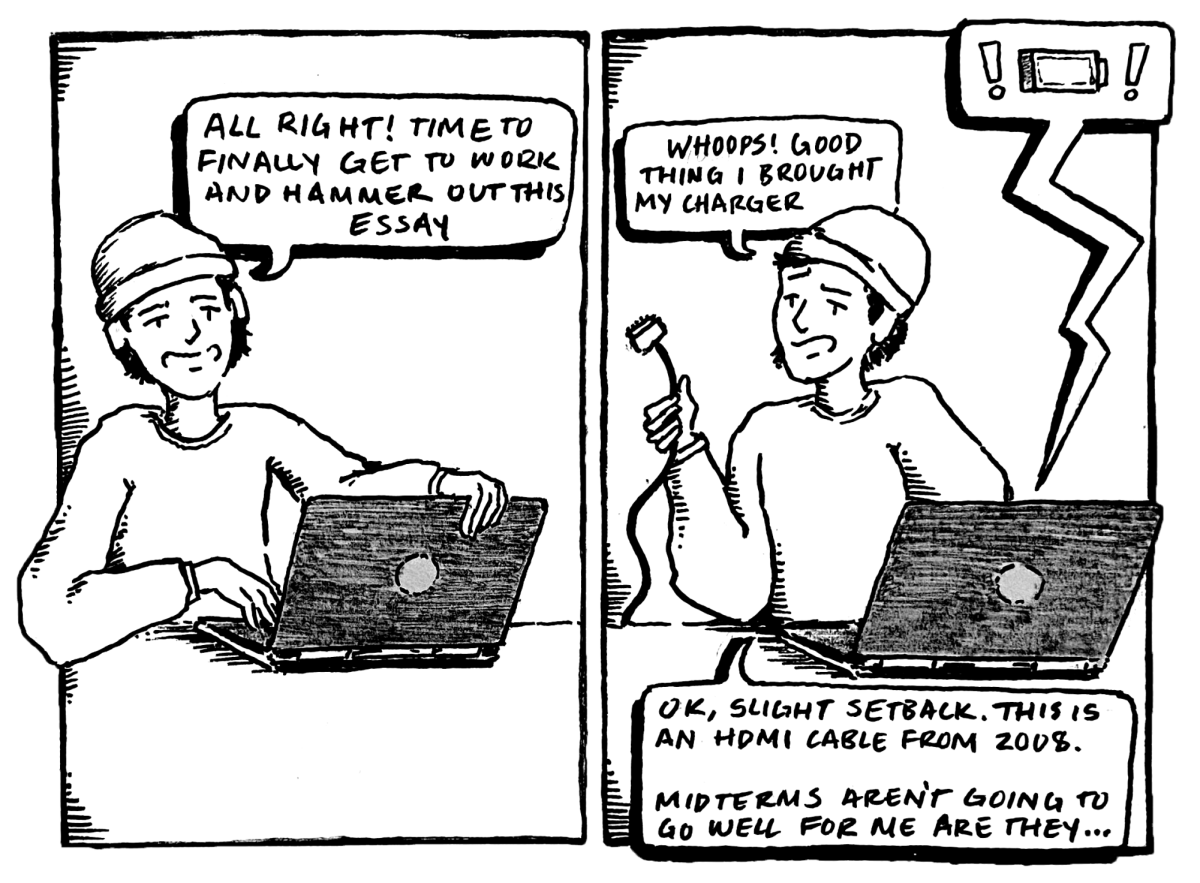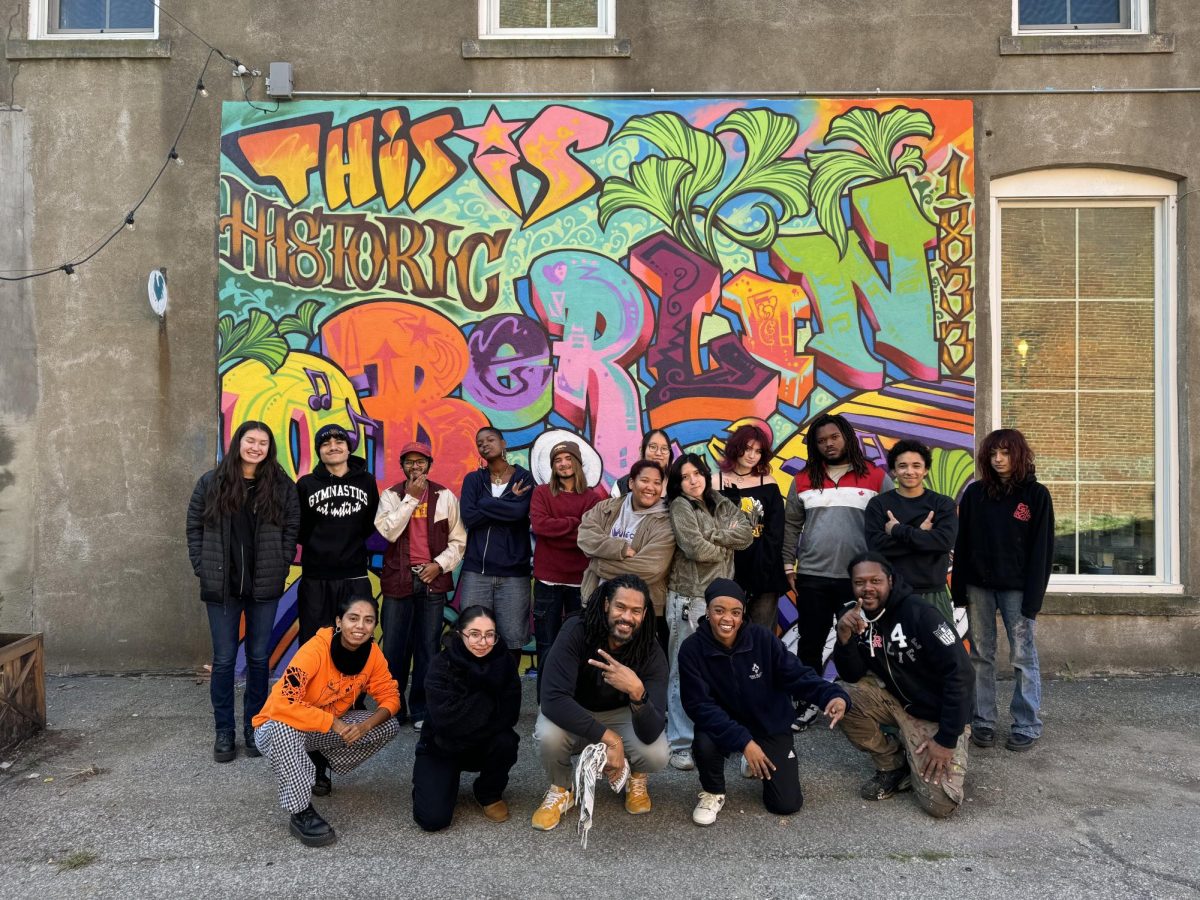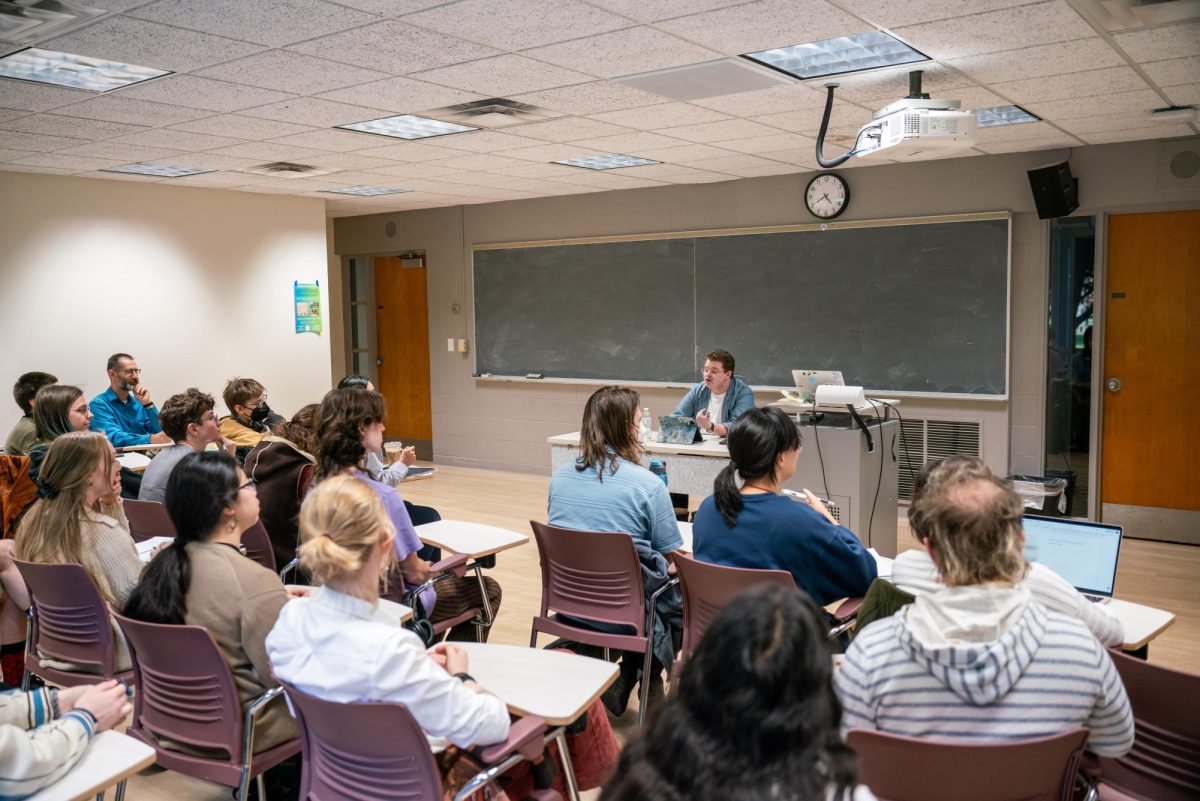Internet Defeats Piracy Bills
February 10, 2012
This Winter Term, you didn’t need to be on campus, in the country, or even tuned into the news to witness the beginnings of events that stand to have far-reaching implications for Oberlin students. You just needed to want to Google something or look up a Wikipedia article on Jan. 18.
That day, several major websites “blacklisted” themselves to let their sentiments be known as Congress considered enacting stringent new online intellectual property protections, the Stop Online Piracy Act in the House of Representatives and the Preventing Real Online Threats to Economic Creativity and Theft of Intellectual Property Act in the Senate — otherwise known as SOPA and PIPA. Thanks to slick informational videos shared by our computer- and politics-savvy friends using social media, many of us are already familiar with the major criticisms of the legislation. In case the details are a little shaky, here’s a brief recap.
SOPA, introduced by Texas Representative Lamar Smith, would have required that any Internet service provider linking to any site around the world that contains a breach of U.S. copyright, when ordered to do so, “shall take…measures designed to prevent access by its subscribers located within the United States to the foreign infringing site (or portion thereof).” It’s that “portion thereof” that is the rub for the bill’s opponents. They say that the provision would allow the government to shut down sites that contained so little, for example, as one “infringing” link in a comment on one thread, one clip of a music video spliced into a YouTube collage. PIPA, the Senate’s version of the bill, marks the legislation’s primary targets as sites with “no significant use other than…reproduction, distribution, or public performance of copyrighted works.”
Proponents of the bills point to the fact that they are supported by the U.S. Chamber of Commerce, the Recording Industry Association of America, and the Motion Picture Association of America, the implication being that the laws are good for U.S. culture and entertainment businesses. Yet the bill’s opponents fear that these laws would turn the discretion to decide what sites would be given cease-and-desist orders, and what counts as a website having “significant use,” to the U.S. Attorney General and Department of Justice, under guidelines written in vague language that betray a Congressional understanding of the Internet that is, frankly, out of touch.
A note on Congress: The average age of the current members is 56.7 years. These men (and small scattering of women) spent their formative youths in a time when Hollywood was the producer of movies, when American culture was all that mattered on the world stage. While many older Americans may possess technological savvy, the more prevalent outlook is evident in former Senator Ted Stevens’ (R-AK) infamous remarks on net neutrality describing the Internet as a “a series of tubes,” a somewhat puzzling viewpoint for the chairman of the Senate Committee on Commerce, Science and Transportation.
The day of the online protest, a new bill called the Online Protection and Enforcement of Digital Trade (OPEN) Act was introduced in the House. (Isn’t the timing on this stuff remarkable? It’s as if there were an instantaneous worldwide communications network out there that allowed people to quote and link to each other’s ideas and plans using high-traffic forums for free speech.) OPEN is designed to have a similarly chilling effect on online piracy, without resorting to methods of Internet censorship we condemn when used by authoritarian governments like China and Iran. The next day saw a coordinated international sting against the file-sharing website Megaupload, making it clear to anybody with a working brain that the legal framework against piracy isn’t exactly defenseless, and SOPA and PIPA soon stalled in Congress and have since been tabled.
The most exciting aspects of this whole fracas were undeniably the massive scale of the online protests and the speed with which they brought the bills’ progress to a halt. With a little assist from some of our most popular websites, the online community was able to rise up as one and crush legislation supported by powerful interest groups and lobbyists by sheer weight of numbers. If this same energy can be channeled into other political causes with widespread public support (campaign finance regulation? lobbying reform?), Congressional sponsors of SOPA and PIPA may have just awakened a sleeping giant.


















